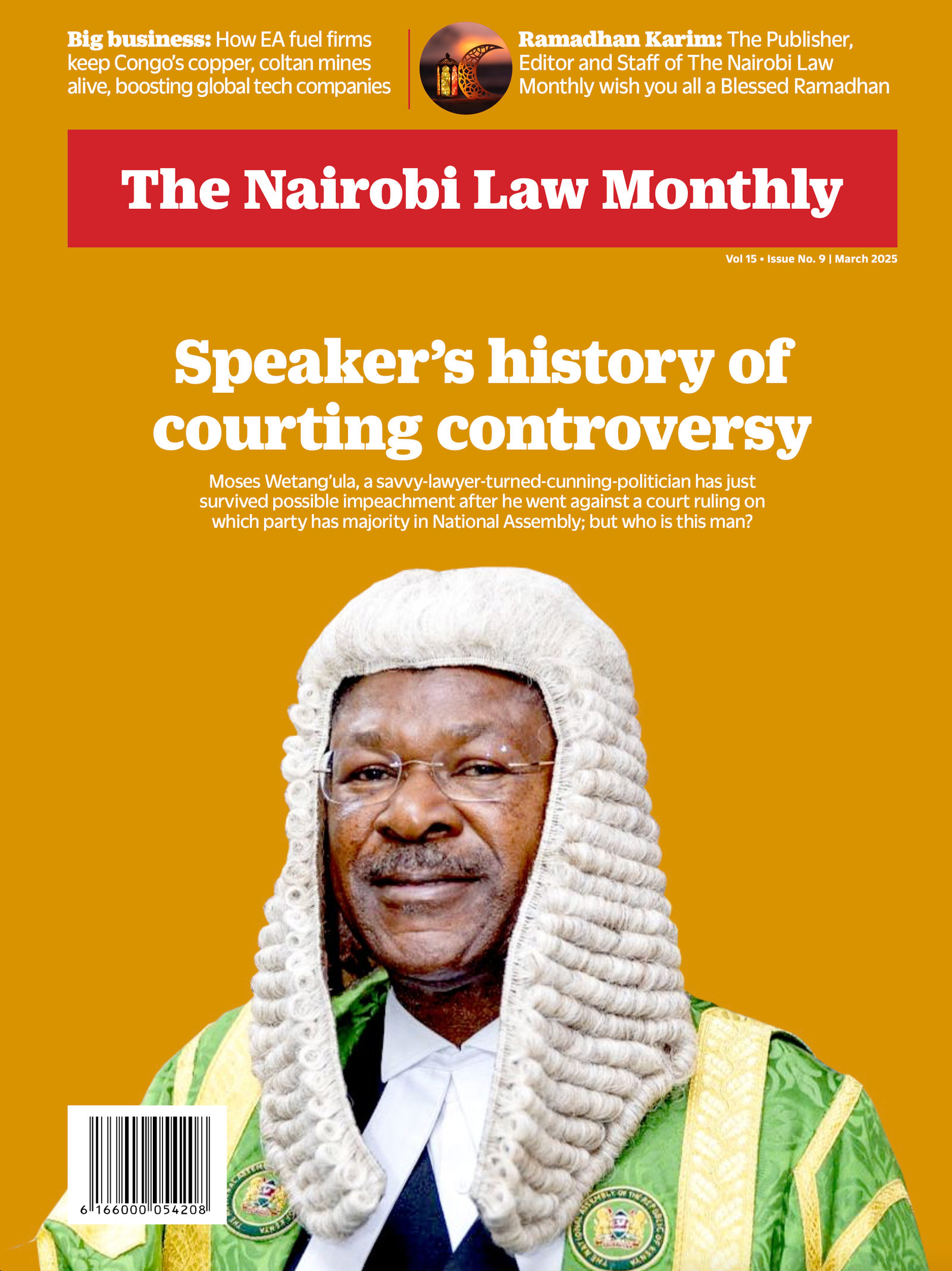By Prof. John Harbeson
Nearly a year ago, the government of Ethiopia (GOE) and the Tigre People’s Liberation Front (TPLF) reached an agreement on a “permanent cessation of hostilities” in their two-year civil war, with the assistance of a high-level African mediation team.
As welcome and urgently needed as it was, the Agreement has amounted to scarcely more than a modest, still fragile down payment on all that will be required if Ethiopia is to achieve a just, secure, and sustainable peace. Indeed, fundamentally at issue is whether and/or on what terms Ethiopia may continue to exist as a state as it has been known since the middle of the 19th Century.
So far, armed conflict has ceased between the forces of the Government of Ethiopia and those of its Tigrean regional state, the Tigre People’s Liberation Front(TPLF). If war and war preparation were the genesis of the European state, as the late Charles Tilly persuasively asserted, European-style war-making in the Ethiopian context has produced precisely the opposite outcome: an already fragile state still further weakened by the magnitude and complexity of the war’s attendant massive social and economic destruction, entailing war crimes and surely crimes against humanity. Moreover, missing to date has been any apparent semblance of a viable blueprint for apportioning responsibility and effecting restorative justice to address these outcomes.
In the absence of such a blueprint, significant actions by the administration of Ethiopian Prime Minister Abiy Ahmed have suggested a deepening Ethiopian constitutional crisis. First, the Agreement did not include Eritrea, which partnered with the GOE against the TPLF while at least some of its troops have continued gross human rights abuses in Tigre. Among the reasons, however, may be the failure of three successive Ethiopian administrations to complete the implementation of the 2000 Algiers accord ending its two-year war with Eritrea that required Ethiopia to surrender to Eritrea certain borderlands. This, notwithstanding the Nobel Prize award to Prime Minister Abiy in 2019, at least in part for his agreeing to do so. Eritrean troops remain in Tigre, reportedly partly to reclaim these border lands owed it by the Algiers accord.
Second, under Ethiopia’s 1995 Constitution, what had been an increasingly centralized state under Ethiopia’s last four emperors, concluding with Haile Selassie’s reign (1930-1974), Tigre became highly decentralized as one of a confederation of regional states constructed along ethnic lines that were to be afforded a high degree of autonomy up to and including potential independence via a constitutionally prescribed process. Accordingly, an essential element of the Agreement was a commitment to restore Tigre’s place in this post-conflict order. The Abiy administration has set up an interim administrative structure in Tigre. However, despite an Agreement commitment to lift the GOE wartime designation of the TPLF as a terrorist entity, the Abiy administration has declined to certify the TPLF as a legitimate political party under a restored constitutional order. Thus, talk of establishing a “national dialogue” notwithstanding, absent any discernible alternative viable Tigrean political party, the Abiy administration’s decision has effectively left Tigre without legitimate representation in this possible postwar constitutional order to this point.
Third, since coming to power in 2018, Abiy has signaled his intention to recentralize political power via his new putatively multi-ethnic Prosperity Party (PP), leaving the regional states in place but without proposing a democratic process to build support for a more pan-ethnic as well as a more centralized state. Indeed, the country’s Southern Nations and Nationalities and People’s Region (SNNPR) has grouped a number of small ethnic communities; important momentum has been in the opposite direction: three ethnic communities have successfully won approval to carve still smaller autonomous regional states out of the SNNPR.
Meanwhile, Abiy’s administration has launched a unilateral constitutional demarche unsupported by any constitutional deliberative process. It has mandated that all regional state armies and militias be integrated with federal defense forces, though not required by the 1995 Constitution, leaving the regional states defenseless in potential conflicts. Thus, Amhara state, the country’s second most populous, dominant for nearly a century under the last two emperors, allied with Abiy’s GOE against the TPLF, with which it has a longstanding conflict over fertile borderlands, now is rebelling against its former GOE ally over this decision.
The larger historical context includes bitter Amhara resentment toward the once dominant TPLF under the previous GOE (1991-2018) while Oromia, the country’s most populous, like much of the country, still wrestles with the legacies of conquest by Amhara emperor Menelik II (1889-1913). An offshoot of the Oromo Liberation Front (OLF), the Oromo Liberation Army, continues to attack Amhara’s presence in their region, notwithstanding that Abiy, an Oromo, and his PP now rule the country.
The question remains on what terms, if any, might Ethiopia’s many afflicted ethnic communities find grounds to be governed together in one post-imperial nation-state. (
— Prof Harbeson is a professor of Political Science Emeritus and a professorial lecturer for the African Studies Program, Johns Hopkins University


